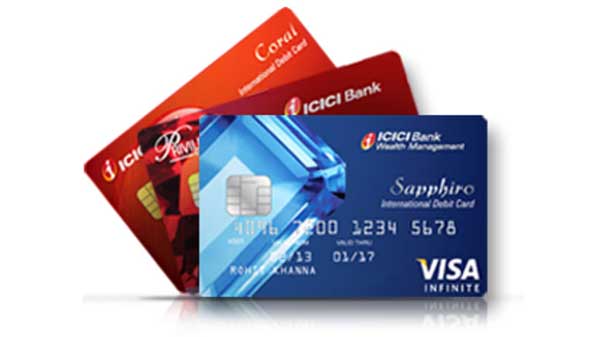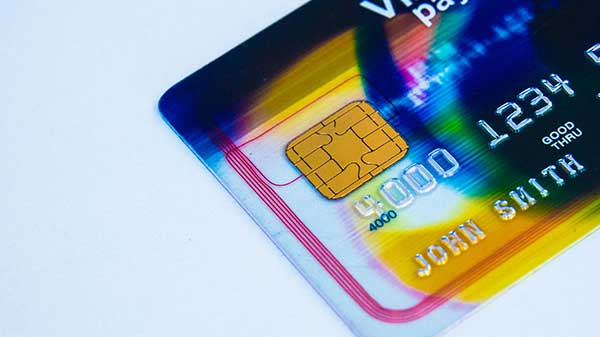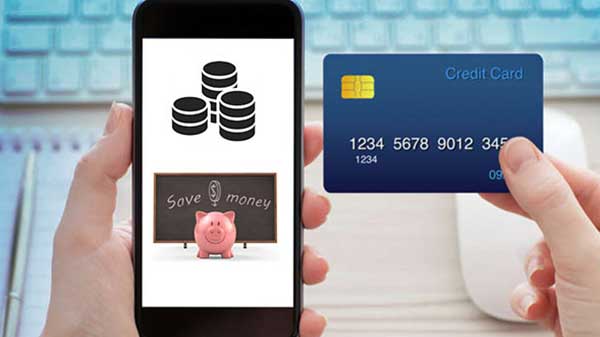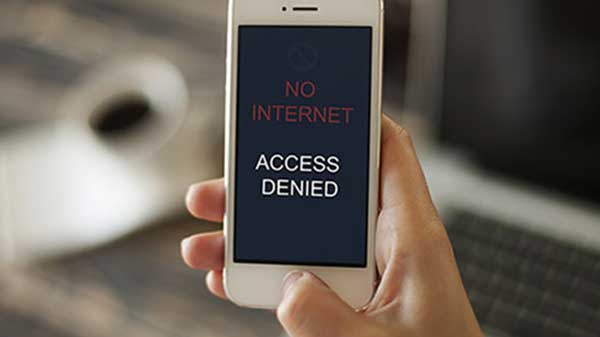Just In
- 45 min ago

- 1 hr ago

- 1 hr ago

- 2 hrs ago

Don't Miss
- Travel
 Mumbai Opens BMC Headquarters For Exclusive Heritage Tour
Mumbai Opens BMC Headquarters For Exclusive Heritage Tour - News
 Electoral Bonds Plea In SC Seeks SIT Probe Into Alleged Quid Pro Quo Between Parties Corporates
Electoral Bonds Plea In SC Seeks SIT Probe Into Alleged Quid Pro Quo Between Parties Corporates - Sports
 WWE NXT Spring Breakin’ 2024: Title Matches and more announced for Night Two
WWE NXT Spring Breakin’ 2024: Title Matches and more announced for Night Two - Automobiles
 The Rise and Fall of the TVS Jive: India's Pioneering Clutchless Motorcycle
The Rise and Fall of the TVS Jive: India's Pioneering Clutchless Motorcycle - Education
 TS Inter Results 2024 Toppers' List, Check Out the Districts That Top the List
TS Inter Results 2024 Toppers' List, Check Out the Districts That Top the List - Lifestyle
 Summer Style: 6 Must-Try Colors To Stay Fashionably Cool Like B-Town Divas!
Summer Style: 6 Must-Try Colors To Stay Fashionably Cool Like B-Town Divas! - Finance
 PayU Gets RBI's In-principle Nod To Operate As Payment Aggregator
PayU Gets RBI's In-principle Nod To Operate As Payment Aggregator - Movies
 The Family Star OTT Release Date & Platform Revealed: Here's When & Where To Watch Vijay Devarakonda’s Film
The Family Star OTT Release Date & Platform Revealed: Here's When & Where To Watch Vijay Devarakonda’s Film
9 credit or debit card online security tips you should know
Technology brings with it an ease of performing tasks, but carries risks that may impact you as well as itself. In this virtual era, erasing our online footprints is almost impossible. Your transactions, shopping details, information, emails possess enough material for hackers to target. Below are few points to remember when spending online.

Card information
Your account details and card information are something you write down or have it accessible some place. Often, we store it on our drives or on our browsers. Keep it in the inbox, typically Gmail, or in a notepad. All of these are vulnerable to theft. Numbers, accounts, cards are usually synced, therefore, making hacking easy. Never store your card details online, in your mail, or on phone. If it's inevitable, store it offline and use a trustworthy app to lock it.

Online transactions
Always do your transactions either on your personal computer or mobile. Never go for public computers or shared devices. They are highly vulnerable to attacks.

Autofill
It's a friendly browser feature, which keys in your data automatically when you're filling a document online or entering your details. While it saves time, your card information is liable to be stolen if saved online. Even if it takes time, fill in the details manually with extra care.

Keyboards
Keylogging enables a person to keep track of the keys pressed on a particular keyboard. Online transactions usually provide a virtual keyboard which constantly changes. It's best to use them as they leave no trace.

URL
You may have noticed URLs starting with ‘http://'. Choose the websites that have ‘https' since the extra letter means the site is secure. It usually comes with a green lock icon in the address bar. Your information won't be stolen while visiting these sites.

CVV
Card Verification Value (CVV) is a security feature. It's usually found behind the card as a three-digit number. This is used sometimes when the PIN cannot be used. Scratch the number from the card, but make certain it's recorded elsewhere, or memorized.

Sharing
Sharing OTPs, login passwords over emails and phones is asking for trouble. You will have read several news reports about massive hacking attacks on emails, retrieving crucial information from thousands of accounts. Never leave a trace of what you share online. It's best not to reveal OTPs or passwords to anyone.

Messages
Beware of fraudulent messages. Never does a bank send messages asking for details. Also, as a plus point, if any such message contains a link to a webpage, presumably the bank's, do not access it. Always open it using the URL through a browser.

Apps
Download only official apps. There are several fake apps that circulate in the app store. The banks will usually have a link to download their app.
-
99,999
-
1,29,999
-
69,999
-
41,999
-
64,999
-
99,999
-
29,999
-
63,999
-
39,999
-
1,56,900
-
79,900
-
1,39,900
-
1,29,900
-
65,900
-
1,56,900
-
1,30,990
-
76,990
-
16,499
-
30,700
-
12,999
-
26,634
-
18,800
-
62,425
-
1,15,909
-
93,635
-
75,804
-
9,999
-
3,999
-
2,500
-
3,599












































